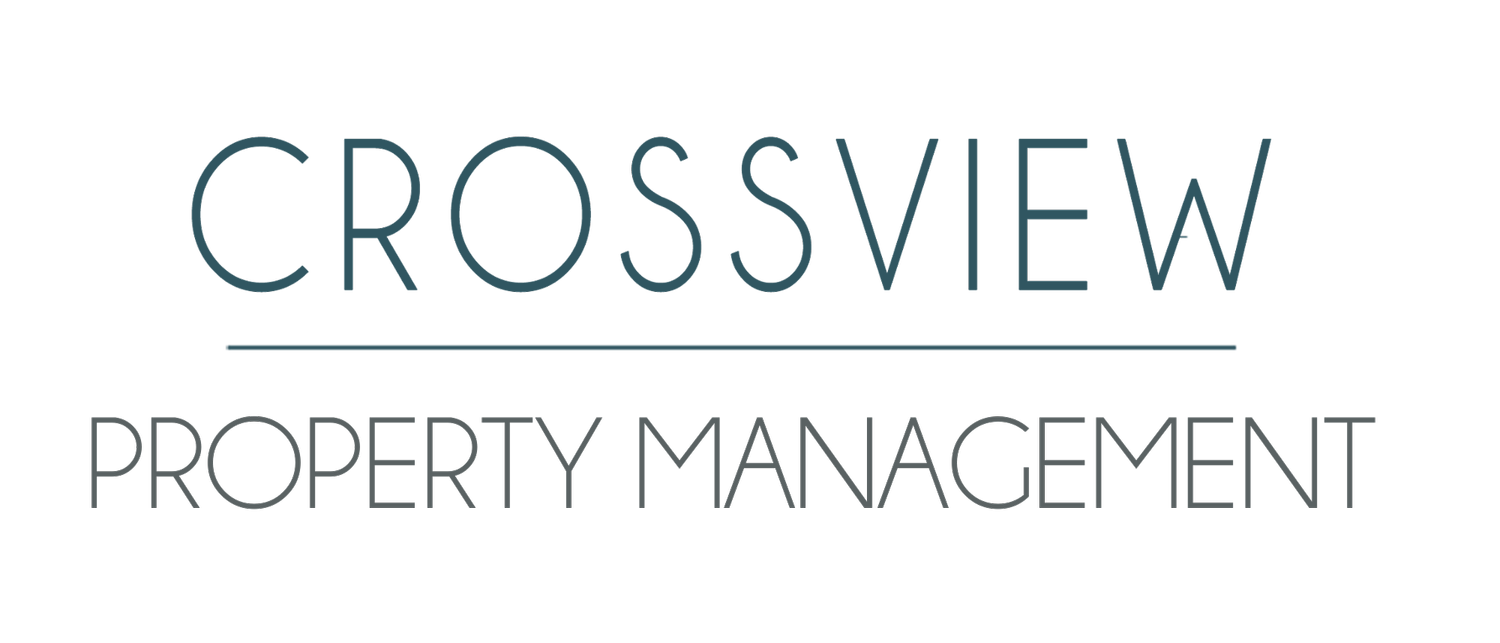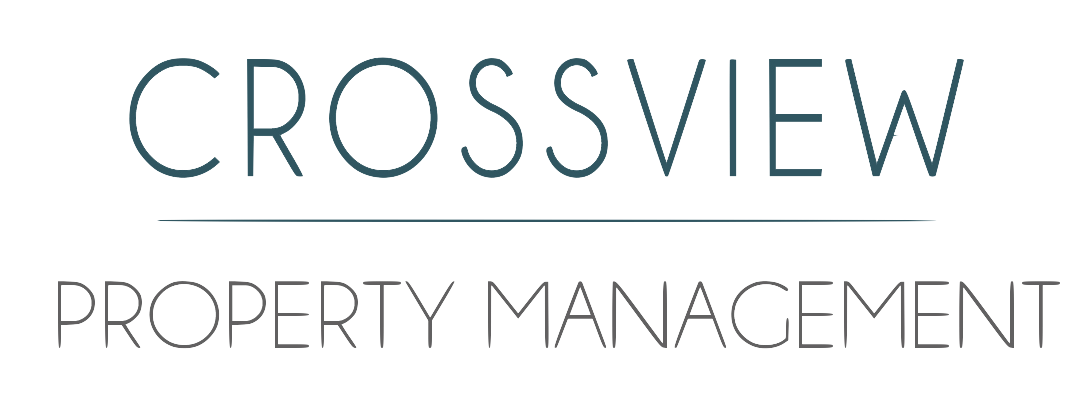Florida Rentals: Can a Tenant Put the Lease in Their Business Name?
Opening Question:
If a prospective tenant in Florida wants to sign the lease under their business name instead of their personal name, is that allowed—and is it a good idea for you as the landlord?
Snippet Answer:
Florida law does not prohibit leasing a residential property to a business entity, but doing so changes the nature of the agreement. The lease becomes a commercial contract, and the tenant’s personal rights and obligations under the Florida Residential Landlord and Tenant Act may no longer apply unless their personal name is also on the lease.
Florida Law on Who Can Sign a Residential Lease
Under Florida Statute Chapter 83, the Residential Landlord and Tenant Act applies when the tenant is an individual renting for residential purposes. If the tenant is a business entity—such as an LLC or corporation—the lease may be treated as a commercial contract, even if the property is being used as a residence.
That distinction matters, because residential tenant protections (such as limits on certain fees, notice requirements, and eviction timelines) may not apply in the same way to a corporate tenant.
Pros of Allowing the Lease in the Business Name
1. Potentially Stronger Financial Backing
If the business is established and has good credit, it might offer more financial security than an individual tenant.
2. Clear Liability Separation
If the business is the legal tenant, the lease obligations belong to the entity, making it clear who is responsible for rent and damages.
3. Appealing to Certain Renters
Some professionals—such as traveling executives or consultants—may prefer to rent through their business for accounting or tax reasons.
Cons of Allowing the Lease in the Business Name
1. Loss of Residential Tenant Protections
A corporate tenant may not be covered under Florida’s residential landlord-tenant protections. While this may sound beneficial to landlords in theory, it can also lead to more complex and costly legal disputes if problems arise.
2. Harder to Enforce Against Individuals
If the lease is only in the business’s name, you may not be able to collect unpaid rent or damages from the person living in the property unless they’ve signed a personal guarantee.
3. Higher Risk With Shell Companies
An LLC can be formed in Florida quickly and with minimal information. If the company has no assets, collecting on a judgment can be difficult.
Best Practices for Florida Landlords
If you agree to let the lease be in the business name:
Require a Personal Guarantee – Have the individual occupant(s) personally guarantee the lease obligations. This allows you to pursue them directly if the business defaults.
Run Credit and Background Checks on Both – Screen the business entity and the individual(s) who will occupy the property.
Specify Residential Use Only – Make sure the lease states that the property is to be used solely as a residence to prevent unauthorized commercial activity.
Clarify Maintenance and Liability Terms – Corporate leases may require more precise wording on responsibilities to avoid disputes.
When to Say “No”
You may choose not to allow a business to hold the lease if:
The business is newly formed or has no verifiable financial history.
The individual refuses to sign a personal guarantee.
Your HOA or community rules require leases to be in the occupant’s personal name.
Final Takeaway
In Florida, you can lease to a business entity, but you should do so with careful safeguards. Without a personal guarantee, you risk having no recourse against the actual occupant if the business fails to pay or damages the property. A well-drafted lease that protects your interests—and complies with state law—is essential.
Property management is hard enough—partner with someone who stays on top of Florida law changes and works to maintain your investment. Complete our Contact Us form or call us at 904-855-7933 to learn more about how CrossView Property Management in Jacksonville, FL, can work for you.


